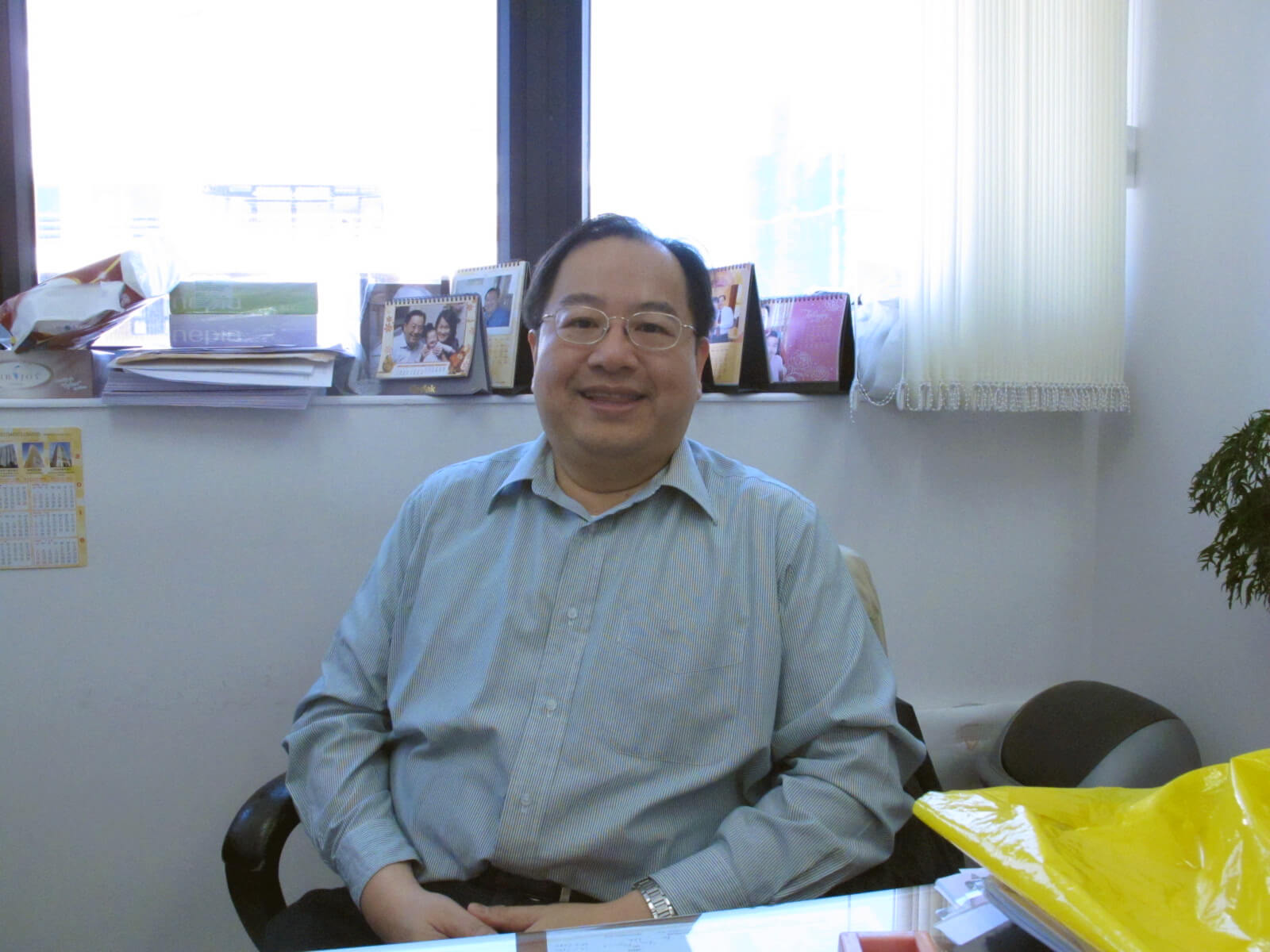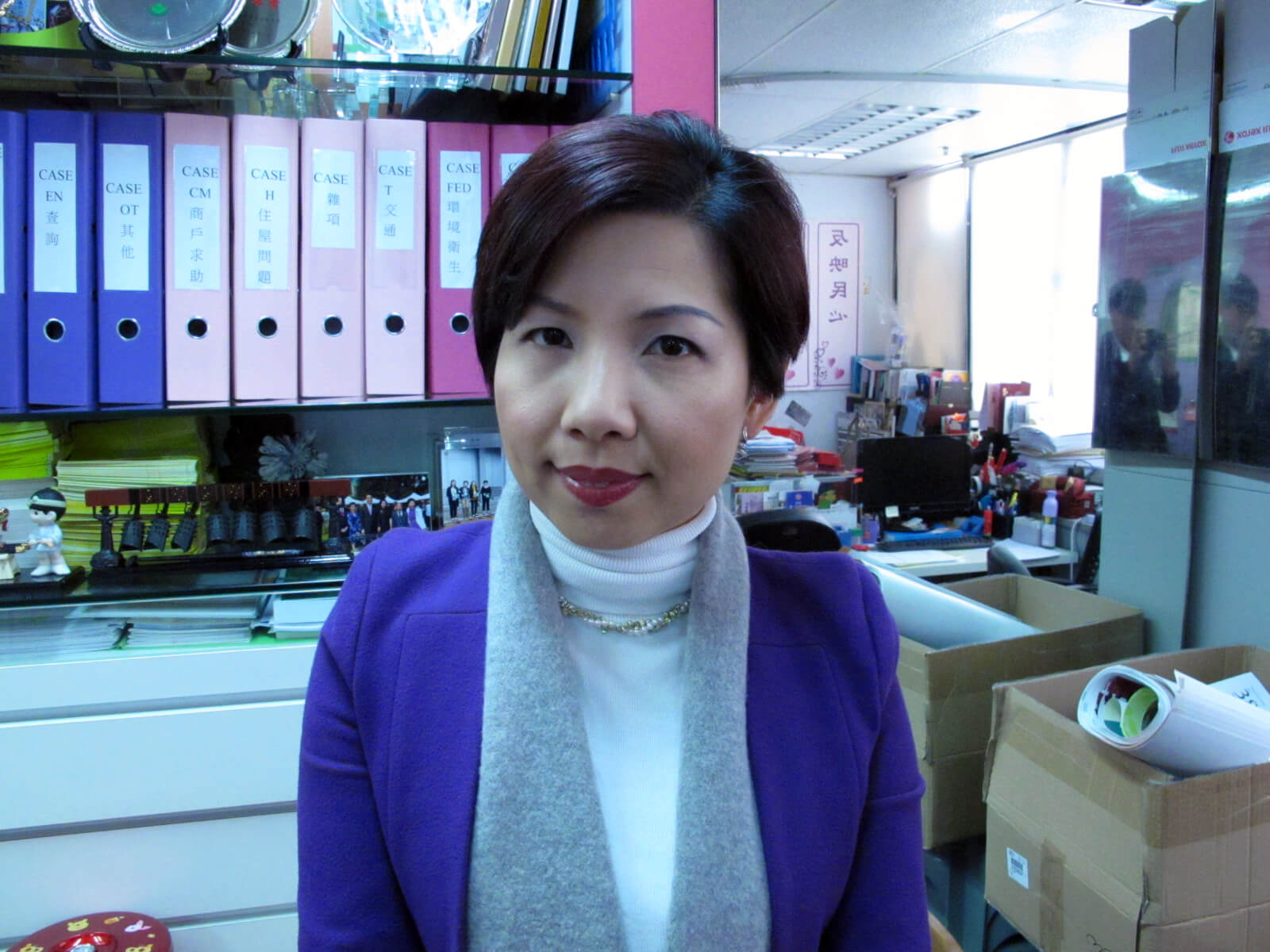Fading The Lights
- 2016-04-02
by Daniel Ma
The Environmental Bureau launched the Charter of External Light in January after three years of heated debate. The aim is supposed to reduce light pollution and energy wastage.
More than 800 companies and organizations are participating in the event. They will get a Platinum Award if they switch off their external lighting between 11 p.m. and 7 a.m.. Those which turn off their lights between midnight and 7 a.m, will get the Gold Award.
Ruth Law, who lives in Mong Kok, said the government should penalise those who leave their lights on around the clock because of the nuisance to the neighbourhood.
" Businesses should bear liabilities because they are ignoring residents' health and people living nearby should be able to claim compensation," Mr. Law said.
Jason Chun Shing Pun, a principal lecturer at the Department of Physics at University of Hong Kong said energy-saving lighting devices are to blame for the light pollution.

"Using energy-saving lights means that their electricity charges would drop while the lights can be even brighter than regular lighting. This is incentive for the shops to turn on their lights for longer," he said.
Despite concern expressed by some in the business sector, the problem remains because bill boards are often regarded as a special features of Hong Kong, often shown in promotional photographs of the city.
"The external lighting of restaurants and hot-pot shops in areas such as Tsim Sha Tsui and Lan Kwai Fong are an attraction," said Ricky Lam Kwok-Leung, vice-chairman of the Hong Kong Federation of Restaurant and Related Trades Limited.
Mr Lam said consumers might think the restaurants are closed if they switch off their external lights after 11 p.m.
Following the launch of the Charter of External Light, Wong Kam-sing, Secretary for the Environment was asked whether turning off external lights could have adverse effects on the tourism and retail industry.
"This Charter focuses on reducing light installation for promotional and advertising purposes but the community's daily routine and the needs of local business operation." Mr Wong said.
"The needs of society and the economy have to be balanced as we tackle the problem of light pollution," he added.
Ms Yolanda Ng, a Wan Chai district councilor though, said the external light installations and neon light billboards are "special features of Hong Kong" and the should not be turned off.

"The attractiveness of Hong Kong is not merely the bright neon light billboards," Ms Ng said. "Even if Hong Kong's night scene with all the neon lights has an international reputation, it does not mean we have to allow these external lights to remain switched on."
"Are there really that many tourists hanging around on the streets to admire the neon lights billboard in the middle of the night or at 4 a.m.? It is unreasonable," she added.
Although most residents living near commercial-residential areas generally believe the business sector is to blame for the light pollution, researchers have found otherwise..
Research by Hong Kong Night Sky Brightness Monitoring Network show that the brightness index of the sky over Hong Kong's suburban areas is higher than that of most capital cities around the world.
"Business activities in areas such as Tin Shui Wai and Fanling are not as busy as ni Tsim Sha Tsui and Mong Kok. But the brightness index of the sky in Tin Shui Wai is very high," said Mr Pun, the spokesperson of Hong Kong Night Sky Brightness Monitoring Network.
"It is actually about Hong Kong people's attitudes and habits," he said. "They may keep the lights on just because they can afford to pay."
"Over the past few years, we've seen cases in which the bright external lights outside certain buildings are dimmed because of public pressure and complaints." he said.
The government has started using some dark-sky-friendly light installations in recent years, he said.
"The situation might improve if there is greater public awareness of the problem of light pollution," Mr Pun said, " Designing environmentally friendly lighting or installations that are less polluting may actually provide business opportunities."
(Edited by Anna Tang)
《The Young Reporter》
The Young Reporter (TYR) started as a newspaper in 1969. Today, it is published across multiple media platforms and updated constantly to bring the latest news and analyses to its readers.

Green Tea: A Healthy Drink?

Bid Farewell to the Last Urban Walled Village




Comments